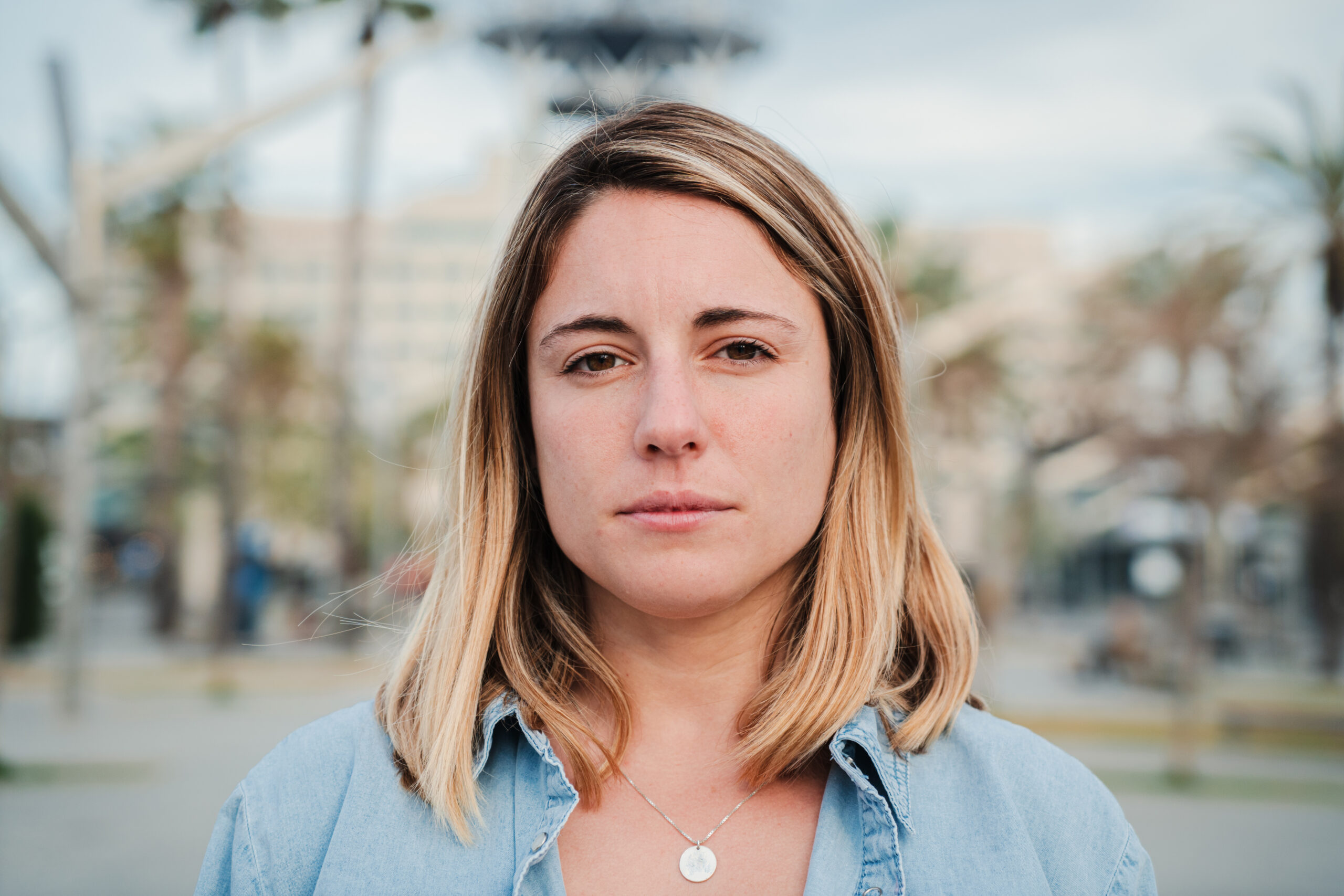How to Spot the Common Signs of Benzodiazepine Use
Some of the easiest things to take note of, when it comes to identifying a benzo use disorder, are the more physical side effects. Let’s take a look at some of the common symptoms that come with benzo use:
- Lethargy
- Changes in sleep patterns
- Increased nightmares
- Impaired ability to remember things
- Irritability
- Paranoia
- Increased anxiety
- Increased depression
- Increased headaches
- Nausea and vomiting
What Causes a Benzodiazepine Use Disorder?
There’s no singular list of factors that guarantees someone will develop a benzodiazepine use disorder. This doesn’t mean that there aren’t risk factors that are commonly noticed among people seeking recovery.
Untreated mental health is very commonly a factor. People who are unsure of how to deal with the side effects of their trauma, depression, anxiety, and more might turn to substances as a means of relief. This relief doesn’t come without consequences, however, and can even worsen mental health in the long run.
Other common factors are your history with trauma and your home life. If you have family or loved ones who engage in any form of substance use, you’re more likely to normalize it or seek it out as well. Additionally, living in a precarious housing situation can also influence someone’s drive to engage in substances. From personal stress to instability, all of these can pile up without the proper support and care to address them.
Know Your Treatment Options for Benzodiazepine Use Disorders
The path of healing isn’t the same for everyone, but knowing what options are available to you is a great place to start. This can help you know what questions to ask so you can be as engaged in your healing process as possible.
Benzo Detoxification
Detox programs aren’t common for every form of substance use, and whether or not you’ll need detox is dependent on your current situation. Benzos come with an intense withdrawal period for many people. This is due to how many benzos are short-acting. They enter the body quickly, do their job, and leave just as quickly. This doesn’t give the body time to adjust to them not being present anymore. This adjustment comes with side effects and intense cravings.
A detox program offers a safe environment with medical staff who will help ease your side effects and ensure your safety. This can build a strong foundation for your recovery.
Supportive Housing During Recovery
Not everyone who needs recovery has a stable home to return to. Other times, that home is full of memories that are counterintuitive to the beginning of the healing process.
No matter what your reason is, there are supportive housing options available here at Recovery Center for the Arts. This allows you access to medical help and support as often as you need it. It places you in a space where others are seeking similar healing. It’s a safe environment where you can focus on yourself and not worry about other stressors beyond your recovery journey.
Outpatient Rehab Services
There are many different levels of outpatient services. They all have access to the same, high-quality treatment focused on you and the healing of your artistic spirit. The primary difference is the frequency with which you come into treatment.
Outpatient services allow you to continue to receive support as you adjust back into your life. It gives you a network to address and overcome obstacles in real time, with people who truly understand what you’re going through.
There’s no wrong way to go about the outpatient journey, either. Sometimes you need more support, other times you need less. The important thing is to be open and honest with yourself and your therapist so you can ensure your treatment plan is working for you.



